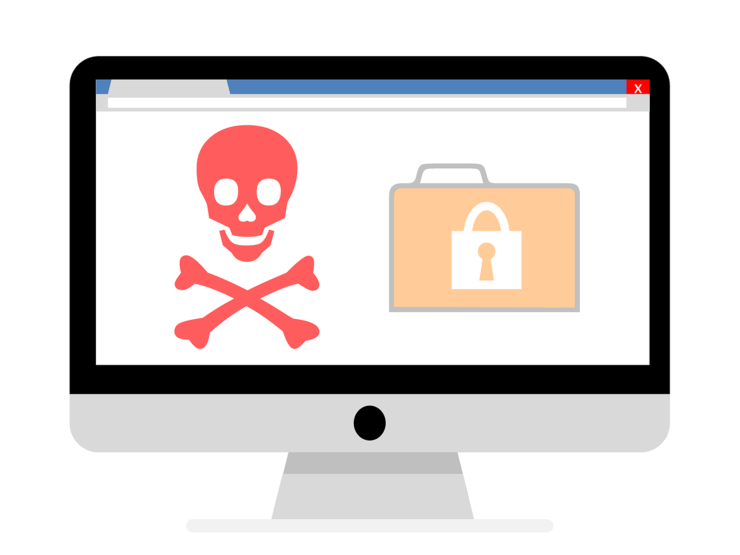Per research by cybersecurity firm Trustwave, ransomware is now the most common cybersecurity threat. It’s not terribly surprising if you stop to think about it. Thanks in no small part to Hollywood depictions of hackers, we have a rather distorted view of cybercriminals.
Advanced black hats certainly exist. There are certainly men and women who target advanced systems for the fun of it. But the vast majority of criminals are opportunists who will inevitably seek the path of least resistance.
In other words, they want to make a profit with as little effort as possible.
Ransomware provides them an opportunity to do exactly that. There’s no need to sell pilfered financial data on the black market, nor must they contact unscrupulous competitors with stolen intellectual property. They simply need to unleash their software on the web and wait for the money to start pouring in.
And it almost inevitably does.
Both unsurprisingly and rather disgustingly, criminals have seized upon the coronavirus pandemic as a chance to turn a profit. As explained by security firm Trend Micro, recent months have seen a significant upturn in COVID-19 themed spam, malware, ransomware, and phishing attacks. And as reported by Fortune, dozens of hospitals and labs working on coronavirus are being targeted by hackers.
In many ways, the current climate is the perfect storm for these disgraceful individuals. Healthcare workers are overworked to the point of collapse and the general public is stuck at home, spending more time on the Internet than they ever thought possible. These are desperate times, and the results of a successful ransomware attack could potentially be devastating.
It’s therefore imperative that everyone takes the necessary steps to protect themselves against ransomware. Organizations in both the private and public sectors, healthcare providers, covered entities, and even individual users must all do their part. To that end, here’s what we recommend:
- Maintain multiple backups. These backups must be air-gapped unless being actively written to. You should, at a moment’s notice, be able to restore any critical software, data, and infrastructure.
- Practice mindfulness. Double-check every single URL before you click on it. Double-check every single email before you open it. Treat the entire Internet as a zero-trust environment, because at this point, that’s functionally what it is.
- Use malware protection. We aren’t just talking about traditional antivirus solutions, either. AI-driven security software can help protect your business against emerging threats for which there may not yet be existing definitions.
- Protect yourself with multifactor authentication. Particularly for corporate networks, this can stymie brute-force attempts to break in and install malicious software. It can also help safeguard against compromised accounts.
- Use a password manager. This may be only tangentially-related to ransomware, but it bears mentioning. It’s humanly impossible to remember a complex, unique password for every single one of your accounts. Install password management software so that you don’t have to.
In any crisis, there will inevitably be people who attempt to abuse it for their own gain. The coronavirus is certainly no exception to that fact. Yet the existence and impact of ransomware go well beyond this pandemic, as does the advice we’ve offered for protecting yourself against it.
